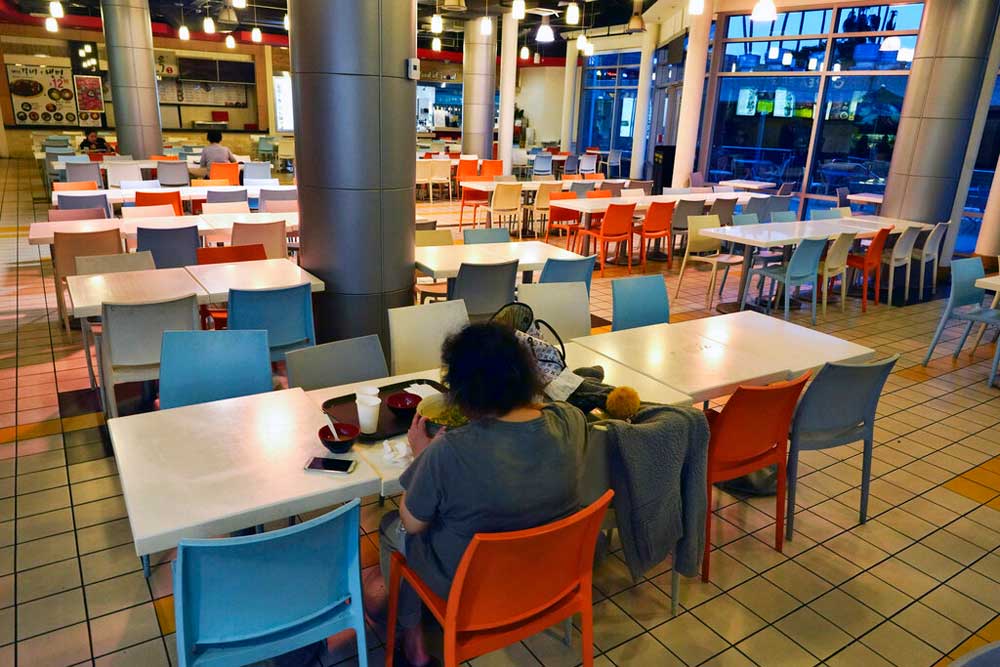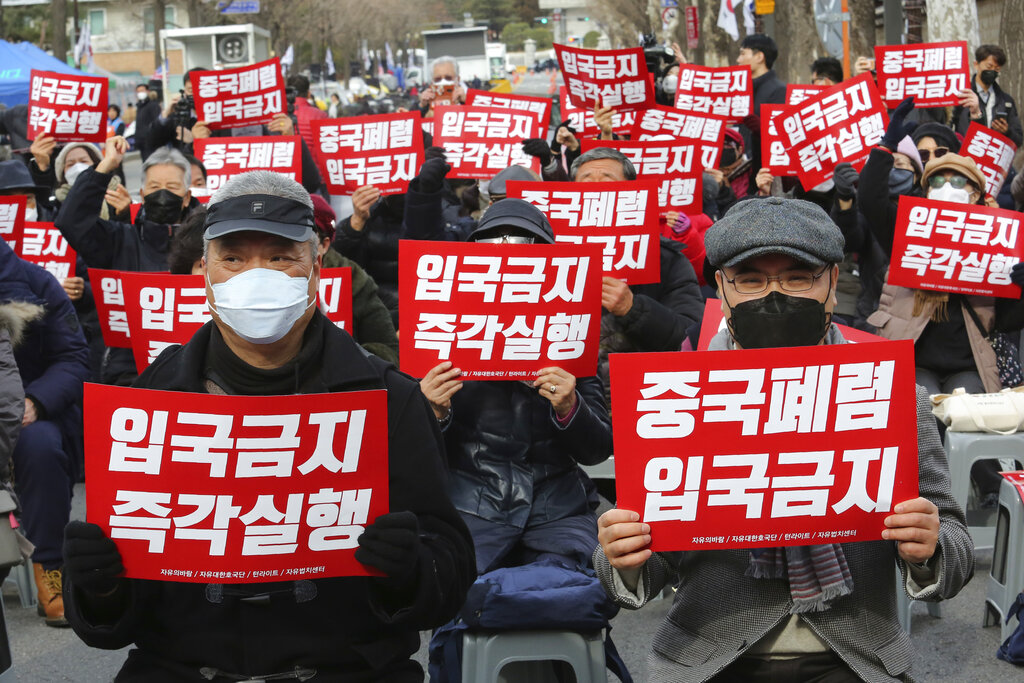One viral pandemic is bad enough, but the world at present seems to be dealing with two contagions. Besides the Covid-19 strain of coronavirus that is wrecking lives and economies around the world, other strains of ‘illness’ have reared their ugly head. Xenophobia and sexism — unlike the novel coronavirus, these afflictions have plagued mankind for centuries — couched in offensive humour are multiplying in the incubation chambers of the mind and social media. Take, for instance, the Bhojpuri music industry, which seems to have hit a purple patch of creativity at a time when other businesses are struggling to deal with the fallouts of restrictions and fear caused by the Covid-19. Bhojpuri songs about the contagion are, it is being reported, proliferating almost as swiftly as the virus. The heartland is apparently humming tunes whose suggestive lyrics talk about the virus infecting the lehengas of bhabhis — an overly sexualized figure in Indian pop culture. The strain — musical and also bigoted — has, understandably, proved to be irresistible for a culture steeped in toxic masculinity.
Heartland melody is not the only phenomenon thriving on the coronavirus pandemic. The bug seems to have infected makers of TikTok videos, memes and social media users as well, baring a rather ugly truth. Jokes about the virus and the country of its origin — China — abound. Indians are cracking up and insisting that like most other things ‘made in China’, the virus, too, will not last for long. Humour and tragedy, clearly, are old friends, and their bond precedes the Corona outbreak. Ebola and its ravages were trivialized with comparisons to bad puns; the Challenger space shuttle explosion triggered gruesome one-liners about the seven crew members who lost their lives. The memes this time are too numerous to typify. But some patterns are discernible. Much of the humour is coated with xenophobia. This too is not without precedent. During the 19th century, rather than restrict commercial shipping that was responsible for ferrying cholera around the globe, people everywhere turned against Irish immigrants since they were among the first to be detected with the diseases. Gallows humour could be seen as a coping mechanism on the part of anxious humans. But what it says about creativity at a time of crisis is quite revealing. It has taken a virus, once again, to expose the diverse pathogens — ribaldry, prejudice and discrimination — that are embedded in the human organism.
But the moral magnifying glass appears a bit clouded on the matter. One school of thought believes that racist or sexist jokes can break down barriers and that criticism of these should be seen as censorship of free speech. But there is also research — the findings of the University of Michigan are an example — that shows that there may not be anything funny about jokes; they not only serve to disseminate prejudice but also make people imperceptive to the seriousness of such dark wit. The coronavirus has caused mirth. But laughter, in this case, might not be the best medicine.












